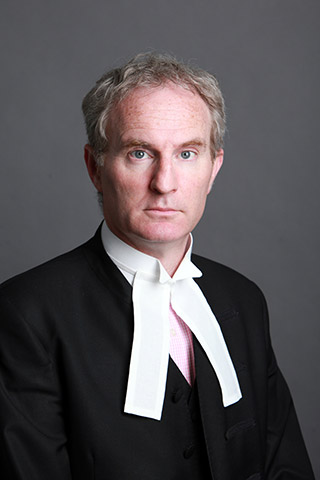Micheál P. O’Higgins: Barristers are right to use the law to defend their clients – that is their job

Michéal P. O'Higgins
Micheál P. O’Higgins SC, chairman of the Council of The Bar of Ireland, defends the role of defence counsel in road traffic cases in response to an article in The Irish Times.
It was claimed in an article in The Irish Times on October 19th that road traffic legislation has been used by defence barristers to “impede the prosecution of drink drivers so accused motorists can continue to drive”.
This opinion shows a concerning misunderstanding of the basic principles of our legal system and of the role of defence counsel. Rhetoric that accused parties “walk out the door every day without a conviction” ignores the fundamental rule in a democracy that every person is presumed innocent until proven guilty. This rule is the cornerstone of criminal justice systems based on the rule of law. It is an essential safeguard for all citizens of the State.
In a free democratic society, nobody should go to prison or suffer a conviction unless through proper admissible evidence and due process of law, the State proves the accused is guilty beyond a reasonable doubt. Due process of law includes ensuring correct statutory procedures have been followed. It can be convenient to dismiss statutory requirements as “loopholes” or “technicalities”. But this is to miss the point. When applying statutory provisions, judges are giving effect to the policy choices made by the Oireachtas. Parliament makes laws for the people. Judges apply it.
The narrative that if a case ends in acquittal, the system is broken down is false and simplistic. The badge of a proper functioning system is that outcomes will differ, depending on the merits of a prosecution and the evidence heard.
One assertion in the article is correct – barristers do use the tools of the law to defend their clients. That is their job. When doing so, the barrister must act in the best interests of their client, subject to not misleading the court. They do so fearlessly. There is no crime in that.
- This was first published in the letters section of The Irish Times.







